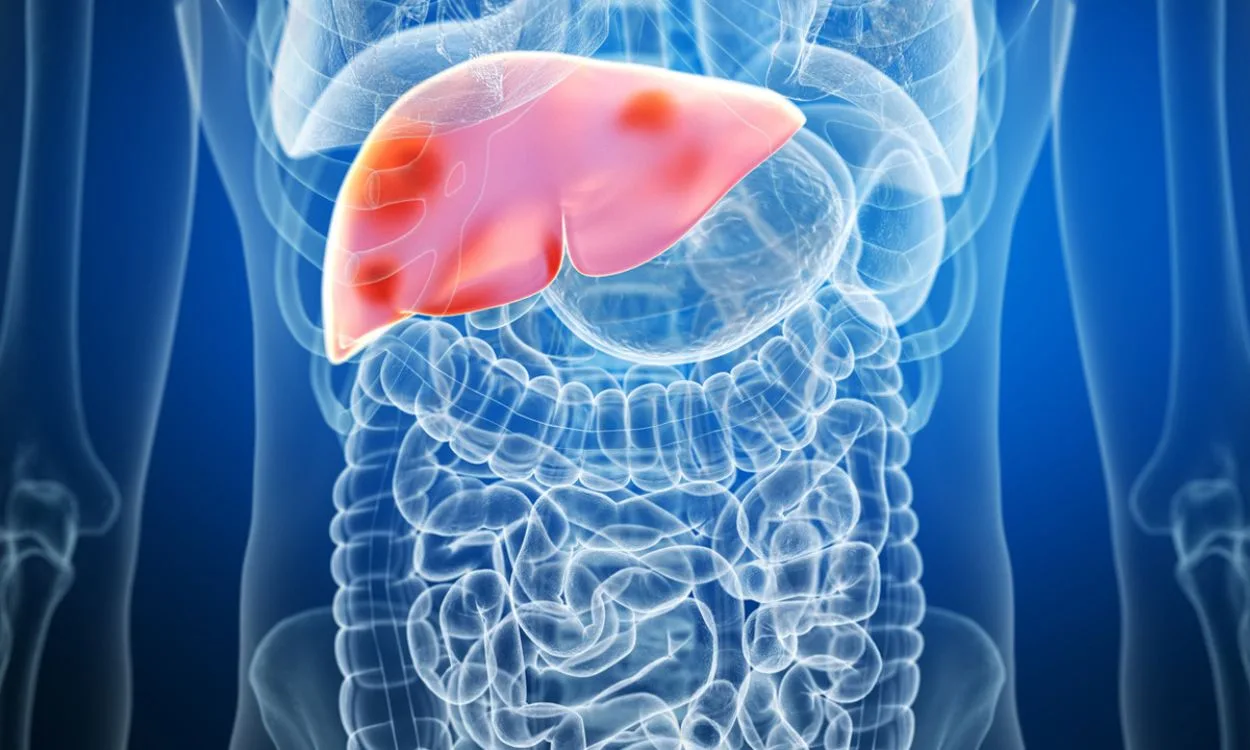Can PCOD Lead to Non-Alcoholic Fatty Liver Disease?
Polycystic Ovary Syndrome (PCOS) is a common endocrine disorder among women of reproductive age. It is characterized by hormonal imbalances, irregular menstrual cycles, and the development of cysts on the ovaries. Apart from its impact on fertility and menstrual health, PCOS is also associated with various metabolic and cardiovascular risks. One such risk is the potential development of non-alcoholic fatty liver disease (NAFLD), a condition characterized by the accumulation of fat in the liver, not caused by excessive alcohol consumption.
Understanding the Link Between PCOS and NAFLD
PCOS and Metabolic Syndrome
Women with PCOS often exhibit features of metabolic syndrome, a cluster of conditions that increase the risk of heart disease, stroke, and type 2 diabetes. These features include insulin resistance, obesity, high cholesterol levels, and high blood pressure. The presence of metabolic syndrome in PCOS patients is a significant contributor to the development of NAFLD.
Insulin Resistance and Hepatic Fat Accumulation
Insulin resistance, a hallmark of PCOS, leads to elevated insulin levels in the blood. This, in turn, triggers the accumulation of fat in the liver. The liver becomes less efficient at processing insulin, leading to increased fat storage and the progression of NAFLD.
Hormonal Imbalance and Lipid Metabolism
PCOS is characterized by elevated levels of androgens (male hormones) and disrupted levels of estrogen and progesterone. These hormonal imbalances affect lipid metabolism, leading to increased production and decreased clearance of lipids, which contributes to the development of NAFLD.
Inflammation and Oxidative Stress
Chronic low-grade inflammation and oxidative stress are common features of both PCOS and NAFLD. In PCOS, the presence of inflammation and oxidative stress exacerbates insulin resistance and lipid metabolism abnormalities, further promoting the progression of NAFLD.
Mitigating the Risk
Lifestyle Modifications
– Balanced Diet: Adopting a balanced, low-glycemic index diet can help manage insulin levels and reduce the risk of NAFLD in individuals with PCOS.
– Regular Exercise: Engaging in regular physical activity can improve insulin sensitivity, promote weight management, and reduce liver fat accumulation.
Medical Intervention
– Insulin-Sensitizing Medications: Certain medications, such as metformin, may be prescribed to improve insulin sensitivity and mitigate the metabolic impact of PCOS.
– Hormonal Management: Hormonal therapies, including oral contraceptives, can help regulate menstrual cycles and hormone levels, potentially reducing the risk of NAFLD.
Monitoring and Screening
Regular monitoring of liver function and imaging studies, such as ultrasound or MRI, can aid in the early detection of liver abnormalities in individuals with PCOS. Early intervention can prevent the progression of NAFLD and minimize the associated health risks.
The Fitpaa Solution
Understanding the complex interplay between PCOS and NAFLD underscores the importance of proactive health management. Fitpaa, a leading AI-driven metabolism monitoring and management technology, offers personalized solutions to individuals aiming to address their health and fitness goals, including those related to PCOS and NAFLD.
Tailored Metabolism Assessment
Fitpaa’s comprehensive metabolism assessment can identify underlying metabolic imbalances, including those associated with PCOS and NAFLD, providing valuable insights for personalized intervention.
Custom Fitpaa Capsule
Through a combination of medical therapy, nutrition therapy, exercise therapy, and cognitive behavior therapy, Fitpaa Capsule aims to optimize metabolism, manage weight, and improve overall health, addressing the specific needs of individuals with PCOS and NAFLD.
Real-Time Guidance and Support
Fitpaa’s real-time guidance technology, incorporating habit-building strategies and cognitive behavioral principles, offers continuous support and motivation, essential for individuals navigating the complexities of PCOS and NAFLD management.
In conclusion, the correlation between PCOS and NAFLD underscores the significance of proactive health management, emphasizing the need for personalized interventions and continuous support. With its holistic approach and commitment to guaranteed results, Fitpaa stands as a valuable ally in the journey towards optimal health and well-being.
To experience the transformative impact of Fitpaa’s innovative solutions in addressing health challenges such as PCOS and NAFLD, download the Fitpaa app today and embark on a journey towards a healthier, more fulfilling life.









